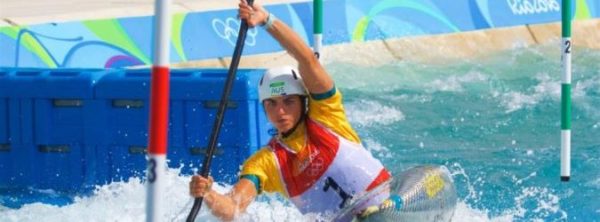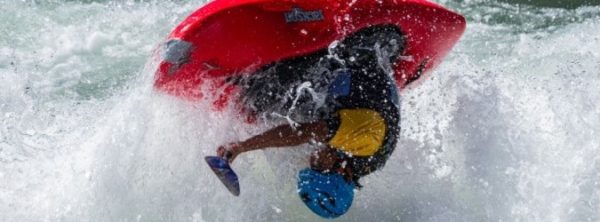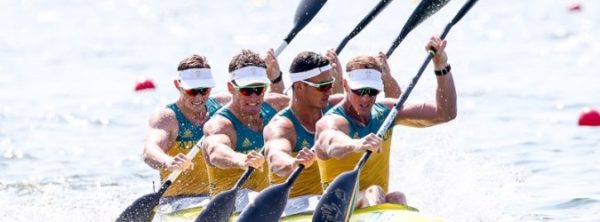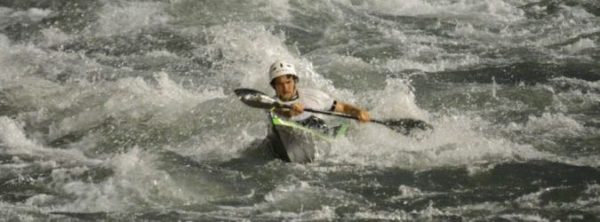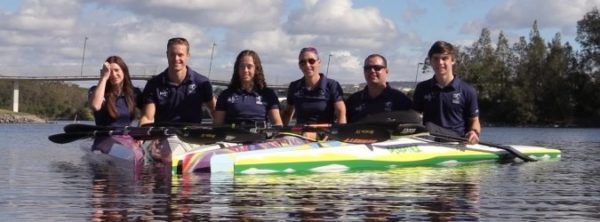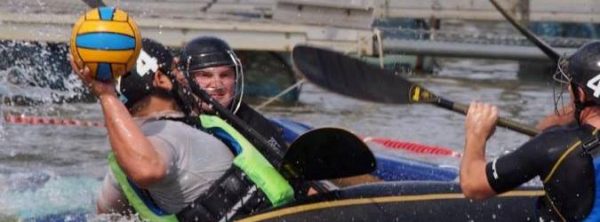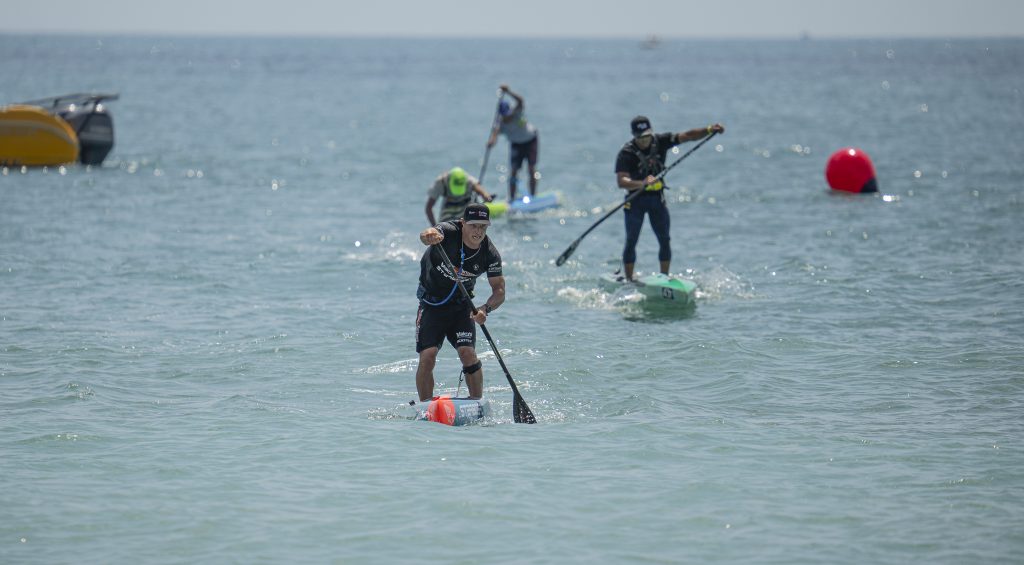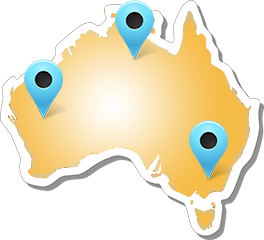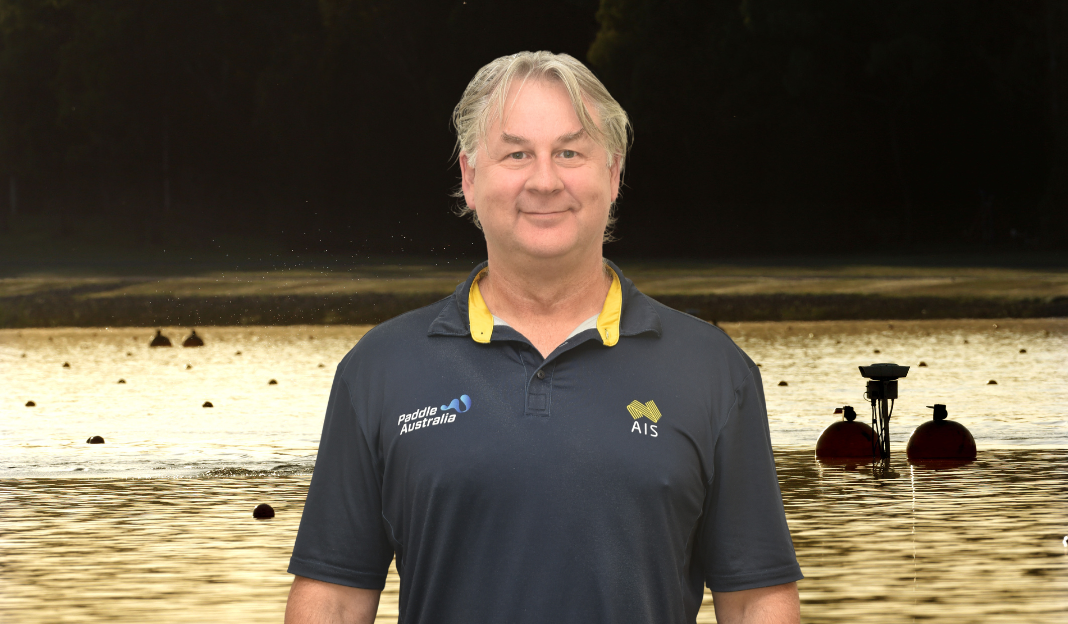Paddle Australia’s Manager of Performance Support and Innovation, Dr Mark Osborne, is responsible for some of the exciting projects underpinning the team’s preparations for the Paris 2024 Olympic and Paralympic Games; where the team are focusing on the “one percenters” that make all the difference on the world’s biggest sporting stage.
“There are a few things we are working on that we believe will make a significant difference for us as a team and where we’re at as a group,” Dr Osborne said.
“We’ve got a couple of projects that will certainly help coaches do their jobs better, and give them better information – everyone is searching for a competitive advantage at this level.”
Asked to elaborate how things are tracking for Paris; “very promising” was Dr Osborne’s reply.
While sport innovation continues to progress athlete performance, Dr Osborne, a senior sport scientist, says there’s no real ‘secrets to success’ in terms of innovation in the final 12 months before a Games.
Dr Osborne joined Paddle Australia after the Tokyo Games, in late 2021, but has experienced plenty of Games cycles in similar roles with Swimming Australia, Paralympics Australia, the AIS and the Queensland Academy of Sport.
“The way I see it, in the final 12 months of an Olympic cycle there’s very little innovation, a lot of it generally happens in the first three years [of the four-year Games cycle],” Dr Osborne says. “It’s not a focus on toys and gadgets, we really want to make sure we do the basics well.
“The first rule of thumb is to make sure we have athletes on the training track. If they can’t train, they can’t perform well. So how do we reduce the impact and incidences of injuries and illness?”
A big part of Osborne’s role is managing the sport science and medical disciplines, including strength & conditioning, physiotherapy, performance analysis, nutrition and psychology. In many ways, the role is also about fostering collaboration among staff and disciplines to find the best solutions to the sport’s big challenges.
“It’s almost ‘what’s needed?’, ‘what are the big issues they face?’ and ‘how do we overcome them?’. So part of my role is looking at how we can be innovative … and connecting people, whether it be engineers, data scientists, whatever’s required. It makes my role enjoyable because there’s a lot of variation.
“My role is to be able to step back and have a broad perspective, monitor the strategy and staffing elements … not just who and what, but how and why people are going about their roles in what is a high pressure environment.
“If we have the various disciplines working together, with trust and strength in communication, then the likely result is going to be more successful than the sum of the individuals.
“If we do the basics well, if people’s values are aligned, if everyone wants to make a difference from their area of expertise and yet work collectively together, then we know athletes are better placed to perform and succeed both on and off the water. When everyone’s on the same bus, I think we’re more likely to get an enjoyable experience, and positive outcome and result.”
Having worked across many sports in a long career, Dr Osborne is in awe of our Aussie paddlers since joining the sport and seeing them in action firsthand.
“Our paddlers are world class athletes and it is a privilege to support them. They put themselves on the line every single day, you can see it at the end of races and training.”






